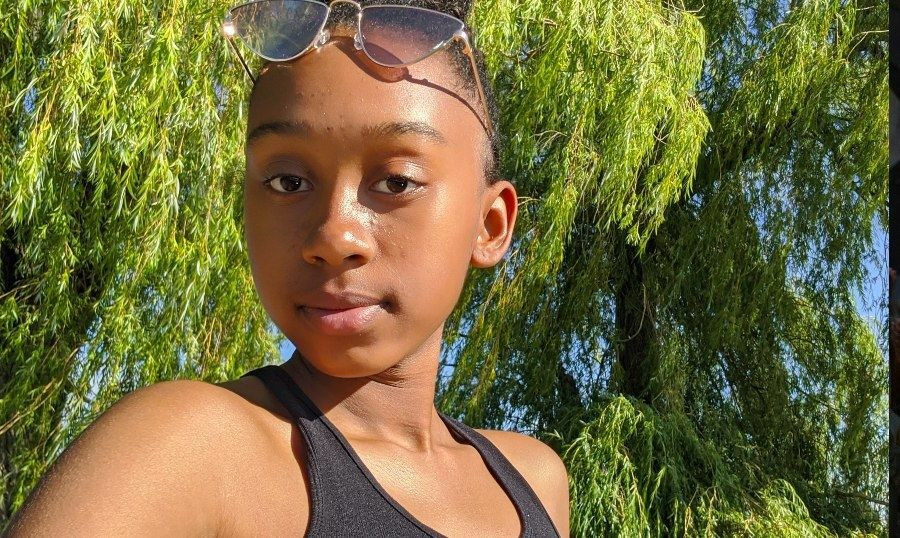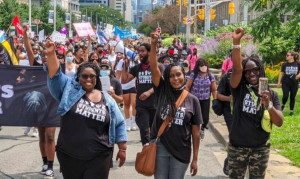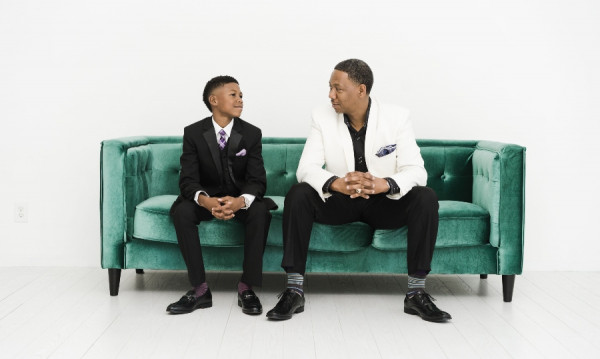Throughout my educational journey, I attended private school, Christian school, and Catholic school. All of which consisted of the same thing: I could count the number of Black peers I had on one hand. Some schools were better than others, most were just better at advertising by placing the two Black kids on the front of their brochures. Grades 1 through 4, I went to school in cities where the Black community had a strong presence and I felt safe and represented. I was only known as the “smart good girl”. We then moved neighbourhoods.
In this school, common Black names were the punchlines of their jokes, my classmates asked me permission to say the “N-word”, and I was known as the “smart, good, Black girl”. I became embarrassed by my race and culture. I didn’t want to stand out, so I tried my best to fit in.
As I grew older, I viewed my accomplishments as a consequence of being hardworking, intelligent, and self-regulated, despite being a Black girl. The more programs I got accepted into, the more segregated I became from people who shared similar experiences as me. It was as if the higher I climbed this ladder of academic excellence, the less the Black community joined me.
This segregation would make sense if I hadn’t known some of the smartest people to be Black when I was in primary school. I was in constant competition with the smartest people in my class, most of whom happened to be Black. My family happened to be generally financially stable, which allowed me to go to private school and attend some of the most competitive high school programs in North America. That being said, everything I did was on scholarship and I always had to work a little harder to seek out mentorship and push for my right to be seen. That’s why it’s so important and impressive when Black youth receive these opportunities to excel academically. Most of us have deserved it, yet for Black youth, there will always be a difference between deserving these opportunities and actually receiving them.
As I approach my final year in Secondary school, I have begun to prepare for life after high school and my success beyond an institution. In addition to this transition, I will begin to prepare for further exclusion, hardships, and justifications for my right to participate and excel in my career. Had my Black peers been given the same opportunities as thousands of my other white peers, we would all learn to challenge ourselves to achieve collective greatness. For now, we will continue to fight alongside the Black community to abolish the restrictive systems in place that continue to oppress us. We should no longer be denied educational opportunities solely on the basis of our Blackness.
Diversity is the key to an inclusive and progressive future. We must support these youth as their minds are as fragile as the system that will likely fail them. We don’t get to choose, we have to fight to be seen as an intellectual, as a candidate, and as a person. Supporting Black youths' future goals will indirectly support their communities and show the world that we have the right to be here, not as a diversity hire, or a statistic for your company, but because we’ve earned it.
Breanna Spence is a student at Blyth Academy in her senior year of high school. She has participated in the Harvard Summer School program in 2019. Breanna is currently starting a not-for-profit supporting social justice organizations in Canada.








